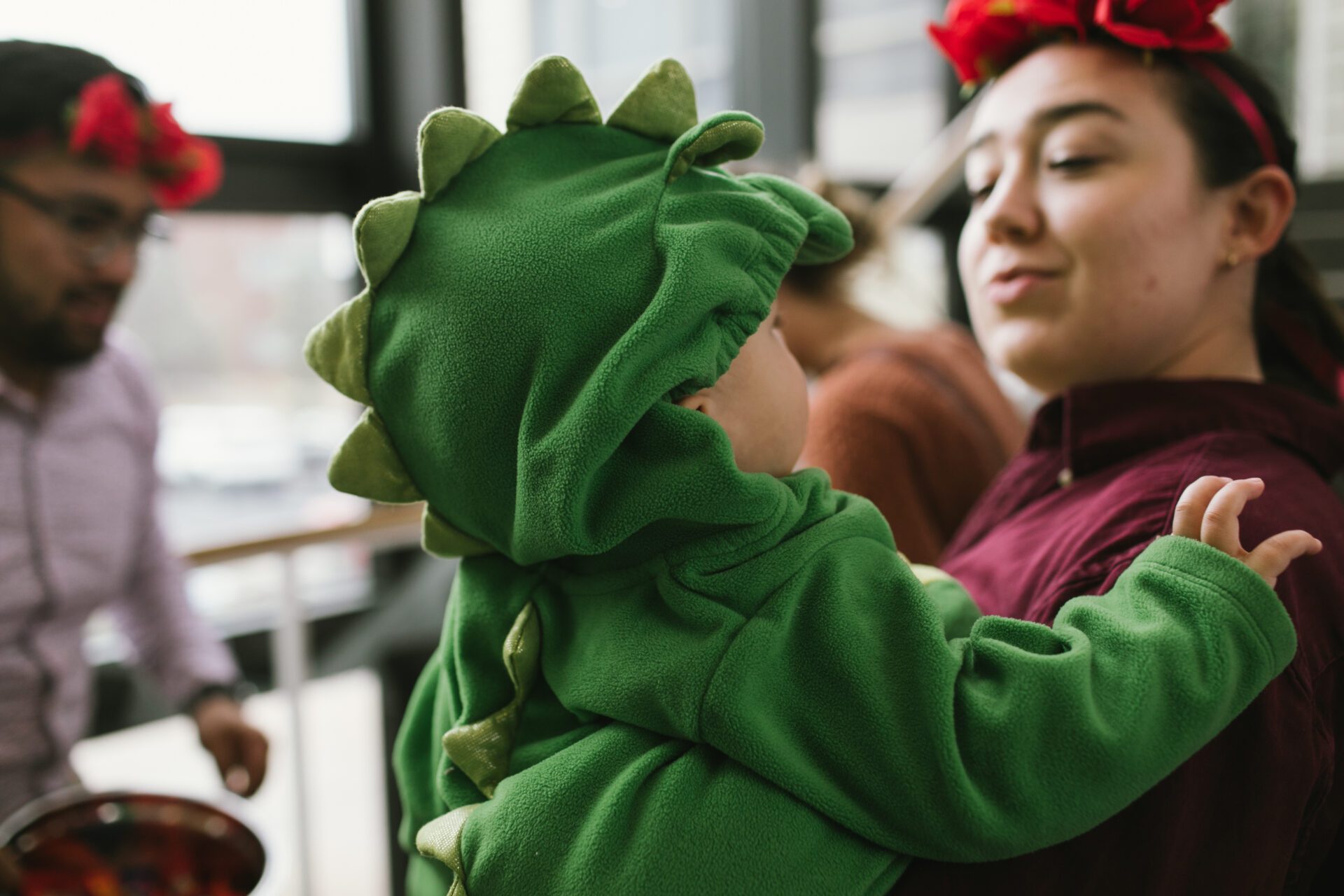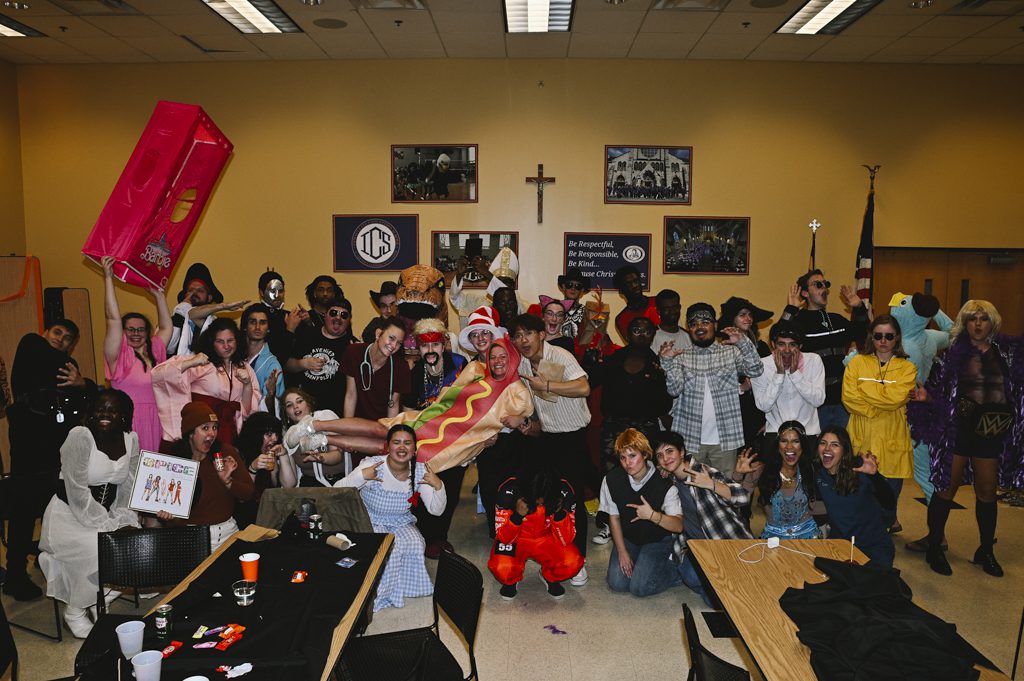Halloween is a holiday surrounded by both excitement and debate, especially for Catholics wondering if and how they should celebrate it. The question, “Can Catholics celebrate Halloween?” comes up frequently, with many questioning the balance between the holiday’s modern customs and its deeper, spiritual roots.
The Historical Origins of Halloween

The Historical Origins of Halloween
To understand whether Catholics can celebrate Halloween, we need to examine its historical and theological roots. Contrary to popular belief, Halloween is not merely a pagan holiday. Its origins lie deeply embedded in Christian tradition.
The word “Halloween” itself comes from “All Hallows’ Eve,” which is the vigil of All Saints’ Day (celebrated on November 1). This feast day, established by the Catholic Church, honors all saints, known and unknown, who are in heaven. The evening before, much like Christmas Eve, became a time of preparation and reflection. Catholics gathered to pray, fast, and spiritually prepare for the solemnity of All Saints. This vigil tradition began in the 8th century, when Pope Gregory III moved the celebration of All Saints’ Day to November 1.
However, the connection between Halloween and pre-Christian customs has also contributed to its current form. In Ireland and Scotland, early Christian missionaries encountered Samhain, a Celtic festival marking the end of the harvest season and the beginning of winter. This festival included practices like lighting bonfires and wearing costumes to ward off spirits. Instead of eradicating these customs, the Church often sought to Christianize local traditions. Thus, elements of Samhain were integrated into All Hallows’ Eve celebrations, transforming them into a distinctly Catholic observance while retaining some cultural flavor.
Theological Significance of Halloween for Catholics
Far from being a secular or pagan event, Halloween can hold deep spiritual meaning for Catholics. As the vigil of All Saints’ Day, it serves as a reminder of the communion of saints and our call to holiness. Additionally, it precedes All Souls’ Day (November 2), a day dedicated to praying for the faithful departed. Together, these three days form “Allhallowtide,” a time to reflect on the mysteries of life, death, and eternity.
Celebrating Halloween as a Catholic
Given its Christian origins, Catholics can celebrate Halloween in ways that honor its spiritual significance. Here are a few ideas:
- Dress Up as Saints or Biblical Figures: Choose costumes that reflect the lives of saints or characters from Scripture. This can be a fun and meaningful way to learn about Catholic heroes of the faith.
- Attend Vigil Mass: Begin Halloween with prayer by attending an evening Mass for All Saints’ Day. This connects the celebration to its sacred roots.
- Incorporate Prayer: Use Halloween as an opportunity to pray for the souls of the faithful departed. Light a candle and say a prayer for loved ones who have passed away.
- Educate Others: Share the true history of Halloween with family and friends to dispel misconceptions and highlight its Catholic significance.
A Balanced Approach
Modern Halloween customs, like trick-or-treating and pumpkin carving, might seem disconnected from the holiday’s Christian roots. But good news for you Halloween enthusiasts. These activities can still be enjoyed, just don’t forget the spiritual meaning of the season! For example, carving a pumpkin with a cross or saint’s symbol can be a way to incorporate faith into the festivities. Likewise, trick-or-treating can become an opportunity for community engagement and hospitality.

So, the gist? Halloween is an opportunity to reflect on the beauty of Allhallowtide and our ultimate destiny in Christ.
Additional Resources
You are called to be a saint; learn all about the saints on our blog, from St. Bakhita to St. Therese of Liseux.
Prepare your heart for All Saints’ Day with this episode from the SEEK Podcast, where we explore how the lives of the saints inspire us to pursue holiness in everyday life and navigate the impactful ‘Little Way’ of St. Therese of Lisieux, a testament to the power of small acts of love.
